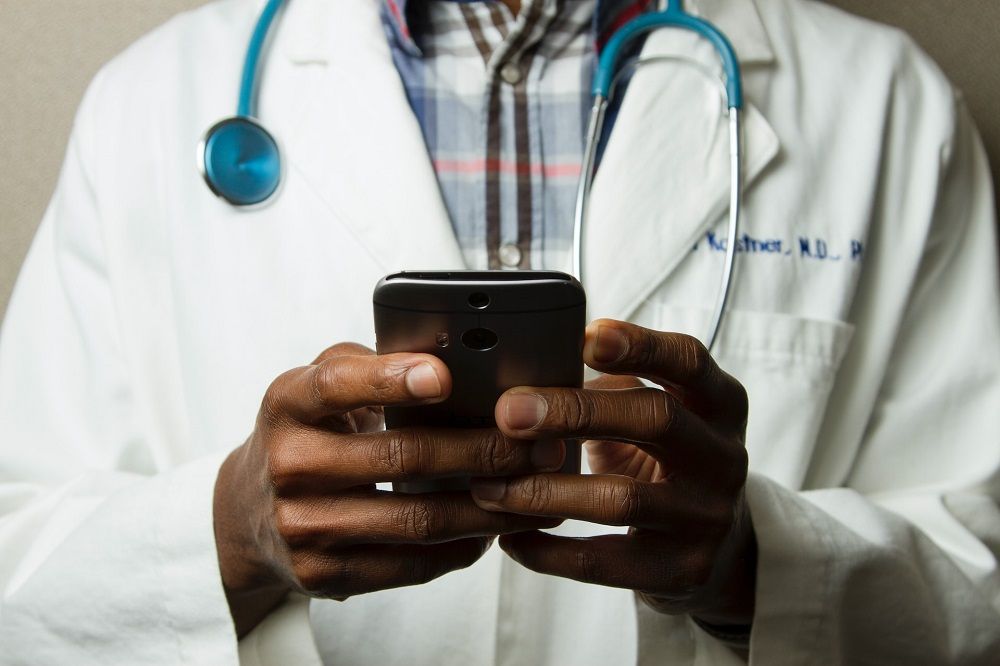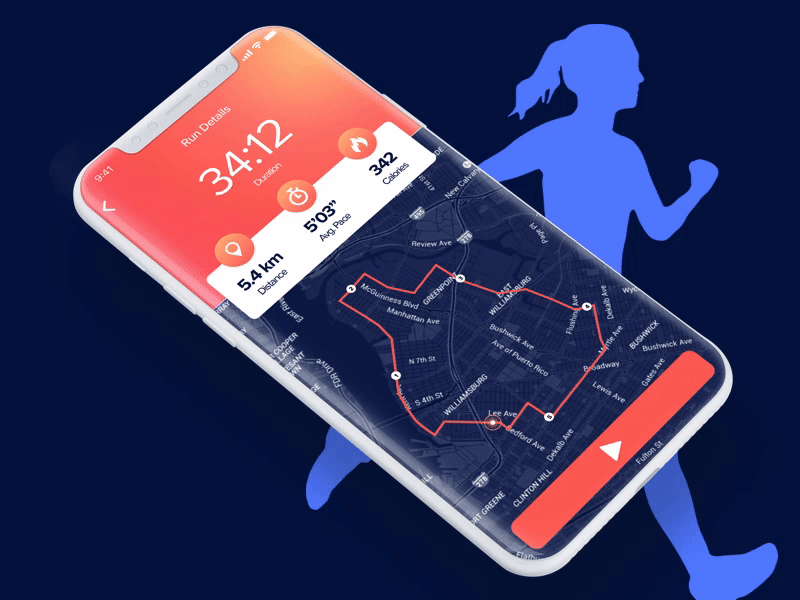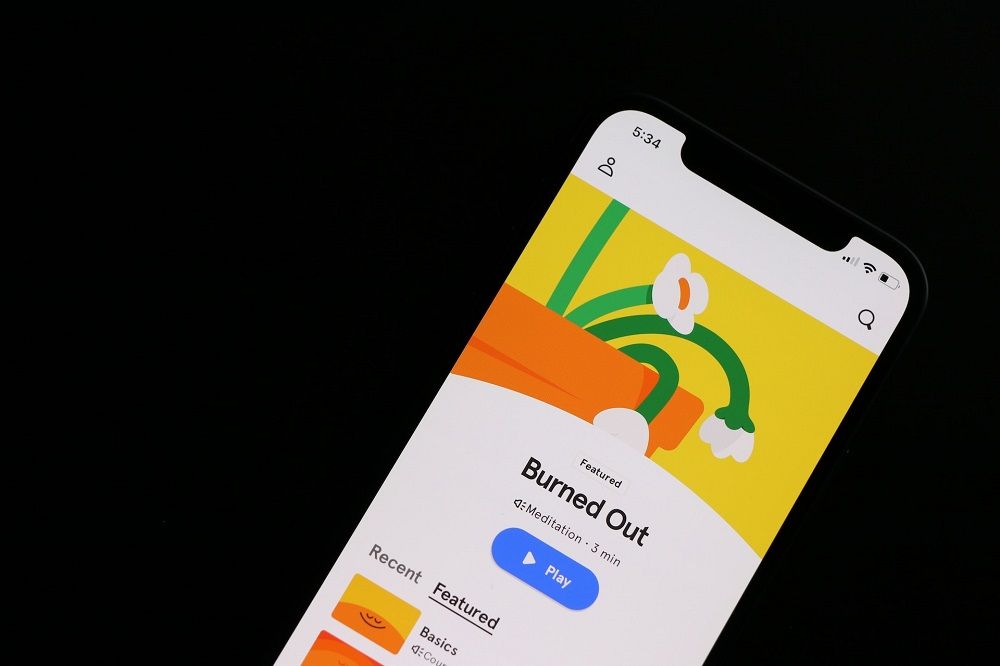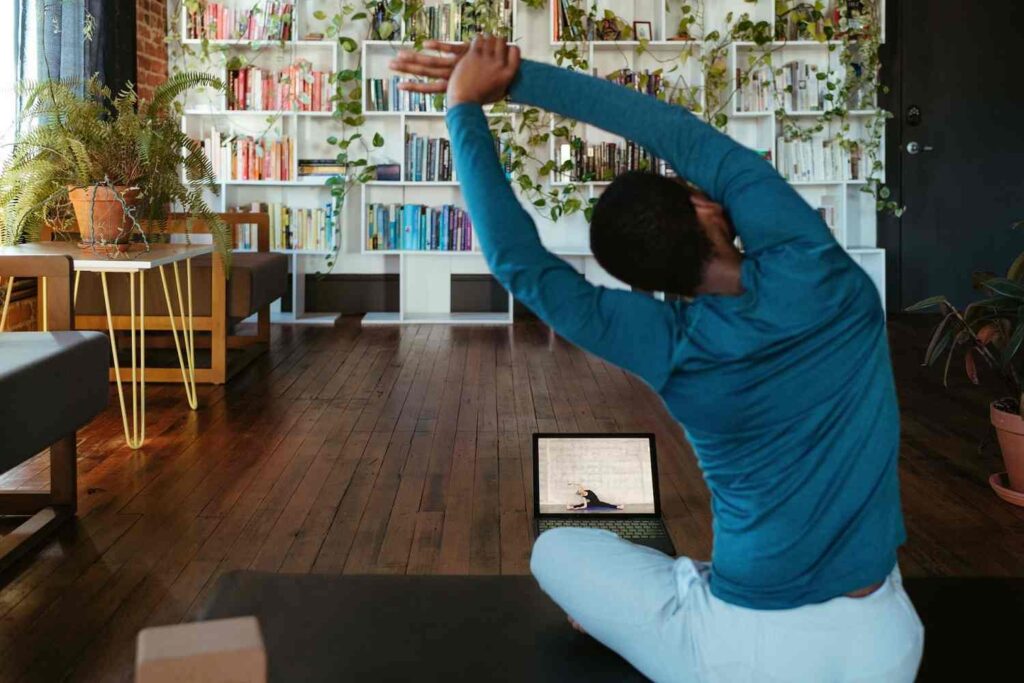Health and Fitness through the Internet
People often talk about the online and offline worlds as things that happen “on the Internet” or “in real life”. But the Internet is real life. The Internet has had a clear effect on both the physical world and our physical bodies.
The Internet allows us to find medical information, access healthcare services, and monitor our fitness. It allows people to make informed decisions and take control of their health.
Whereas once, medical information was largely restricted to healthcare professionals and health encyclopedias, the Internet has led to a democratization of information. Websites and forums are filled with information about every health-related topic, meaning people are more aware of what questions to ask when visiting a healthcare professional.
Of course, not everything on the Internet can be trusted, but there are lots of reputable sources of medical information, and many national health authorities provide materials online.
As with any topic, it is crucial to use critical thinking when looking for healthcare information online.
During the lockdown, there was a spike in people accessing telehealth services as people were unable to visit their doctor in person. Patients could arrange virtual appointments using video calls, allowing them to be assessed from home.
My mum doesn’t really understand it when I say that my doctor is basically an app. But I registered with a virtual doctor during lockdown and it’s so convenient, I still use the service. It’s easy to get an appointment and I don’t have to leave the house.”
The lockdown also meant that gyms and health centers were closed. People turned to YouTube, TikTok, and several other independent fitness platforms for online exercise classes. People weren’t just working from home, they were working out from home, too. It led to the mainstreaming of fitness influencers like Erika Rischko who became a TikTok star at the age of 81.


Smartphone apps and wearable devices allow people to monitor their activity and track everything from their heart rate and sleep patterns to alcohol or calorie intake.
I have an app on my phone that tracks the number of steps I do each day. It allows me to set targets and compare my progress with my friends. It’s silly, but having a goal each day does motivate me to be more active.”
Apps like Flo, Clue, and Wocute let people track their period cycles, which can be extremely useful for monitoring general health and energy levels for those trying to conceive or seeking reproductive healthcare.
Platforms like Strava allow people to track their running and cycling activities and share their times and routes with other users. The platform also allows users to share images and videos taken while exercising and receive comments from others, building a sense of community.
These communities can motivate people to keep exercising and share their progress. They help people set–and achieve–long-term fitness goals together.
Online communities can also be incredibly important during more difficult moments. Receiving a diagnosis can be daunting and isolating. The Internet allows people to find people in similar situations–they can share information and advice and offer a reassuring voice during difficult times. It allows people to stay in contact with friends and family while they recover.
These communities can offer a safe space for people to talk about mental health issues and find advice. Awareness around mental health has increased in recent years, and having a strong support network can be incredibly helpful.
While excessive social media use–particularly among young people–has been linked to depression and anxiety, the positive aspects of the Internet on our mental health should not be overlooked.
Smartphone apps can help to improve sleep, reduce stress, and promote mental well-being. Through guided meditation sessions and breathing exercises, they allow people to focus, reduce anxiety and build resilience.
Just as tracking progress and setting daily targets can help improve fitness. Apps that allow people to track their mood and set goals can help improve mental well-being.
Ultimately, building networks and communities is at the heart of the Internet, and having a sense of community is vitally important for our physical and mental well-being.

Read how the Internet has affected other areas of our lives for the better.
Read how the Internet has affected other areas of our lives for the better.
Help protect the Internet from fragmentation.
Help protect the Internet from fragmentation.
Image copyrights:
© Unsplash, © Unsplash, © Dribbble, © Unsplash
